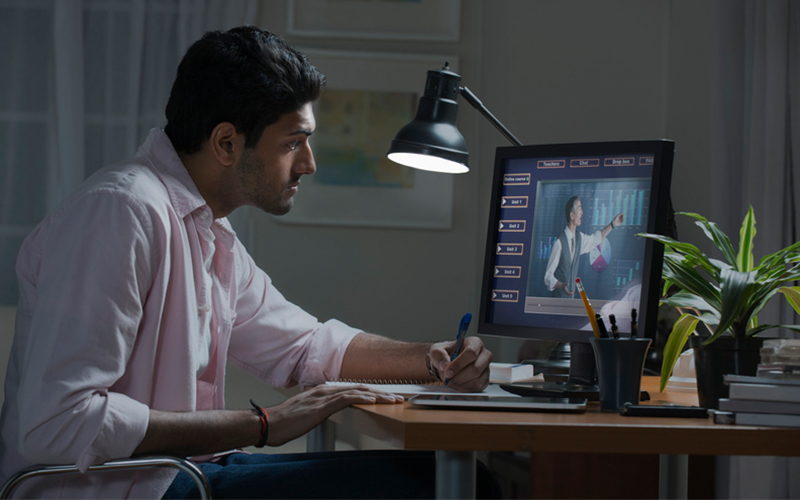Corporate
Building the Future of BPM in Manila | Philippines
Metro Manila or Manila is made up of 16 cities and is the 5th most populous urban areas in the world. We started our journey in the Philippines in 2007, and our delivery centres located in Manila support our clients spread across the globe. Ma Rhodora Campos shares how our team in the Philippines is working together to co-create value for our clients.
- Please elaborate on the work done at your delivery center and its history?
Infosys BPM Philippines was established in 2007. We operate two facilities in two of Manila's major business hubs - Taguig and Muntinlupa City. We provide 24x7 end-to-end, voice, and non-voice services to our growing number of global clients across North America, Europe, and Asia-Pacific. We provide integrated IT-Business Process Management solutions, IT Service Desk, and Application Development services to clients from across industries such as Energy, Utilities, Communication and Services, Manufacturing, Retail, CPG, Logistics, and Life Sciences, and Financial Services, Healthcare, and Insurance.
- How has your experience been with Infosys BPM?
My journey with Infosys has been both challenging and exciting. Challenging in a sense that I'm leading an organization in an era of global disruption. We take steps to ensure that our workforce and the leadership are ready for the work of the future. At the same time, I find it exciting because the industry has evolved from the usual voice process, now, it's more than taking in calls; it now requires a higher level of competencies besides communication. And technology is playing a significant role in amplifying human potential.
- What is your favorite part of work?
People engagement; being able to mentor future leaders. I like the fact that work keeps on evolving - even the complexity of the problems. I like that there are many ways to solve a problem. In this role, we need to keep ourselves relevant. We need to sharpen the saw constantly and that what makes it exciting.
- How would you describe the overall employee profile/ diversity in your delivery centre?
55% of the leadership is composed of women. That in itself is a testament to our commitment to upholding diversity in the center. In fact, plans are in place to train and increase the number of women leaders. In the same way, we continue to encourage the LGBTQ community to be more active in terms of engagement. Lastly, we are opening opportunities for employees and potential employees with disabilities.
- Which country is most likely to win this year's football world cup and why?
I'm really not a fan, but I know that a lot of people on the team are into the sport. So, as the team captain, I rallied my team and got a collective response. The team is torn between Germany and Brazil, but leaning towards rooting for Brazil. According to one of our Leads, you don't really see a weak spot in the team. Now, I need to look at this myself and validate! However, it depends mostly on the fitness level of their team captain Neymar to guide the team in getting their sixth world cup title.
- What's your favorite memory with respect to the football world cup?
Again, I'll share a collective response from the team which is very interesting, and it prompted me to watch re-runs of these games, I hope these are still available online. There are so many good memories shared, and a lot of them agreed on these highlights which shaped the result of some of the most memorable games. Maradona's Hand of God goal, Zinedine Zidane's two header goals in 1998 final vs Brazil, Andres Iniesta's late goal to win the 2010 final, Luis Suarez biting opponent on his shoulder and getting banned from the rest of the world cup, Neymar getting tackled, ending up with a fractured back in the 2014 quarterfinals but what was shocking the most was Zidane's head-butt in 2016 finals. It didn't only cost France the world cup, but it was also a disappointing end to his career.
- Please share some thoughts on your country's footballing culture.
Football is a popular sport in the Philippines; however, the country favors basketball more since the start of the 20th century. After the 2010 FIFA World cup, the sport finally caught the interest of Filipinos, and the popularity has been only increased since then. In fact, the current football fever is so high that several prestigious football clubs, such as Barcelona and Real Madrid, have organized clinics in the country to train young children. The Philippines caters to all kinds of infrastructure, be it turf pitch, indoor, futsal or proper field. BGC Turf and FIFA-sized blue football field called Chelsea Blue are very popular spots for football enthusiasts. Many of our Infosys employees too are actively involved and can be seen kicking the soccer ball at one of the venues.






